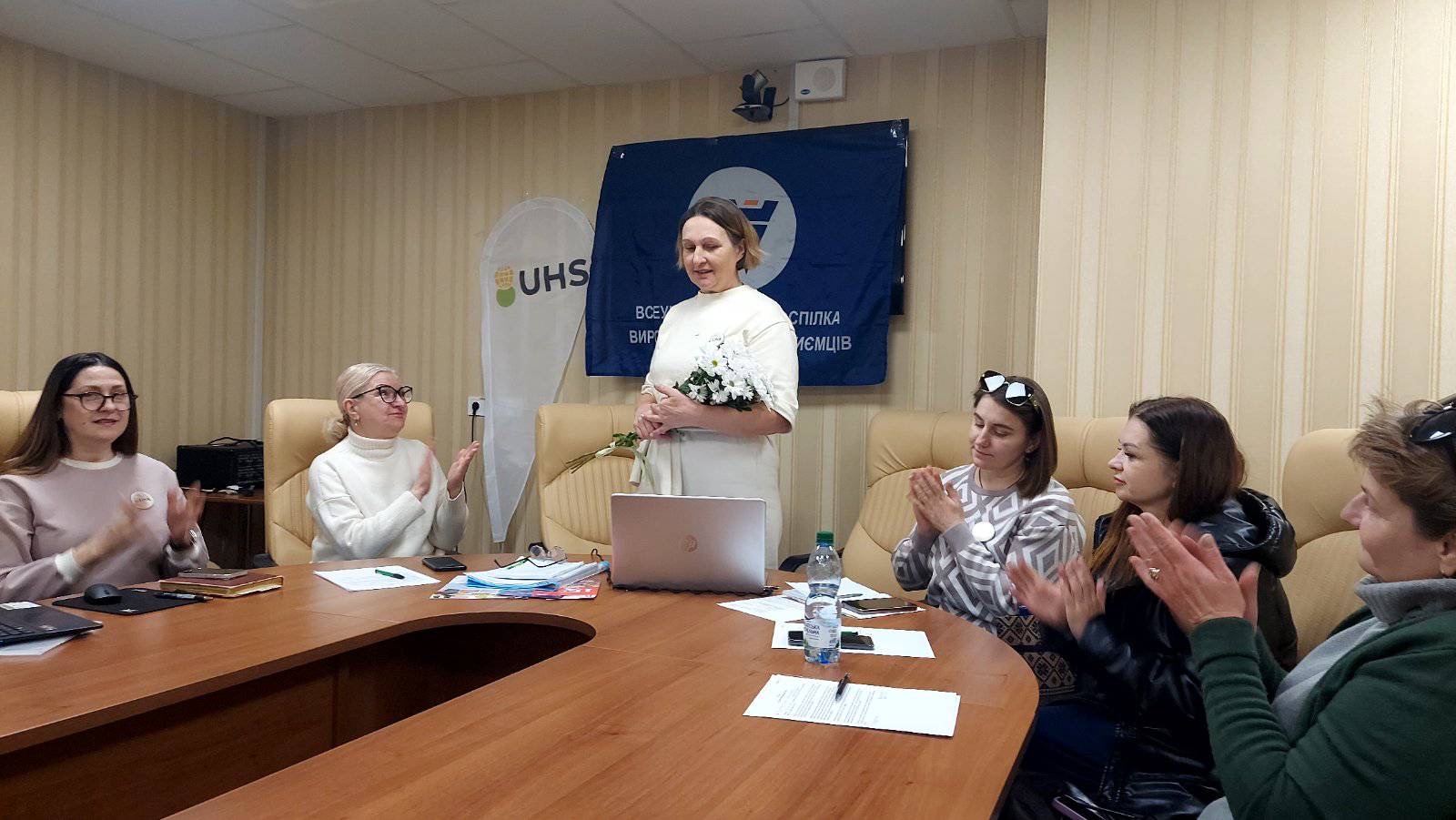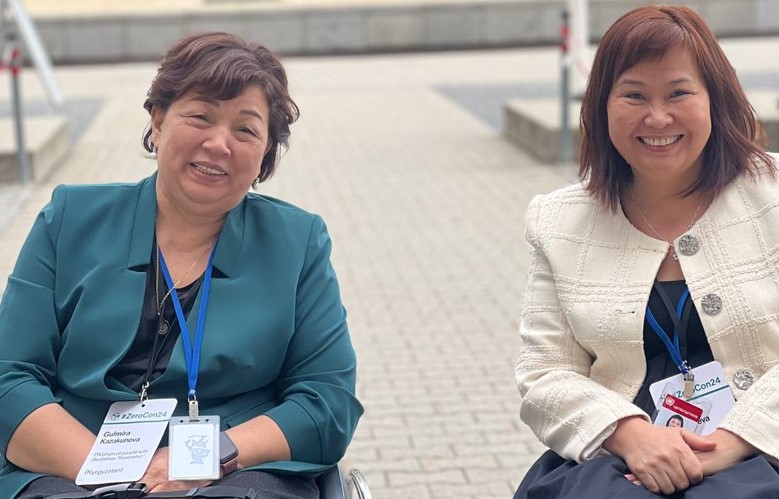Gender-based violence and Harassment (GBVH) is a pervasive issue in Nigeria, affecting individuals across various sectors and walks of life. It encompasses a range of harmful behaviors directed at individuals based on their gender, including physical violence, sexual...
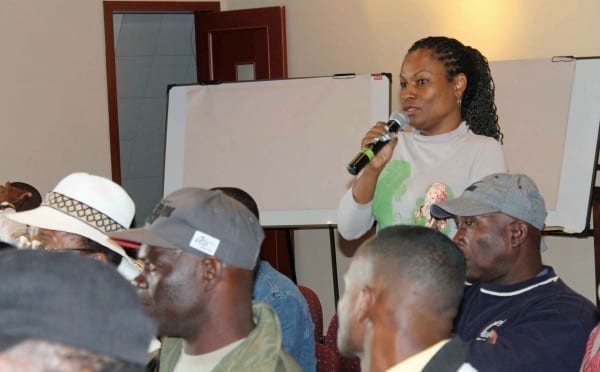
The Solidarity Center supported the development of the Afro-Colombian Labor Council, the first national organization in Colombia dedicated to improving the working conditions of Afro-descendants. Credit: Solidarity Center/Rhett Doumitt
The Solidarity Center engages with unions and their allies through an analysis and practice of equality, radical inclusion and intersectionality that is explicitly feminist, anti-racist, pro-equality, pro-worker, pro-migrant and class conscious.
The Solidarity Center designs and implements strategies to confront the multiple and intersecting forms of oppression that contribute to economic structures in which women and other groups of workers are devalued and excluded from economic and social equality. This requires a conscious effort to examine how oppressive forces play out throughout the global labor movement with a commitment to dismantle these systems. Explicit in this work is the understanding that the agency and leadership of the most marginalized workers are key components of decent work and economic justice for all.
The Solidarity Center has assisted unions and their allies in countries such as Cambodia, Colombia, Georgia, Honduras, Indonesia, Kyrgyzstan, Morocco, Nigeria, Nicaragua, South Africa and Tunisia to ensure meaningful participation of historically excluded and marginalized workers in unions and other democratic structures.
See related factsheets, videos and reports.
In Morocco, the Solidarity Center supported a multi-year effort to build women worker power and gender equality which led to the inclusion of women workers during negotiations for the first collective bargaining agreement in the informal agriculture sector. In Colombia, the Solidarity Center supported the development of the first national organization dedicated to improving the working conditions of Afro-Colombians.
In Kyrgyzstan, Morocco and Tunisia, Solidarity Center is assisting in strengthening union efforts to promote inclusion of individuals with disabilities. In Nicaragua, Solidarity Center supports domestic workers as they address inclusion of LGBTQI union members to ensure they can represent themselves, articulate their priorities and increase their leadership opportunities and visibility.
The Solidarity Center:
- Conducts research and awareness-raising to challenge systems of oppression and inform inclusive approaches to building worker power across social identities at all levels
- Supports representative, inclusive leadership in our partner organizations
- Engages in cross-movement work to combat tools of oppression that impact women, including gender-based violence and harassment at work
- Brings together unions and community groups to identify shared socioeconomic struggles, analyzes how those struggles are linked to systemic racism and implements organizing, legal and advocacy strategies to collectively overcome the oppression that entraps workers in poverty
- Advocates for economic policies that uproot systemic discrimination and exploitation in labor markets.
Ukraine: Domestic Workers Organize for Recognition, Dignity
In a first for Ukraine, in-home childcare workers including nannies and babysitters organized and then elected domestic worker Tetiana Lauhina to head their new labor organization, Union of Home Staff (UHS). "[My colleagues] are amazingly hard-working and...
KAZAKHSTAN AND KYRGYZSTAN: MOVING DISABILITY RIGHTS FORWARD
More than 1 billion people, or 16 percent of the world’s population, experience a significant disability, and 80 percent to 90 percent of working age people with disabilities are unemployed in developing countries. People with disabilities are more likely to...
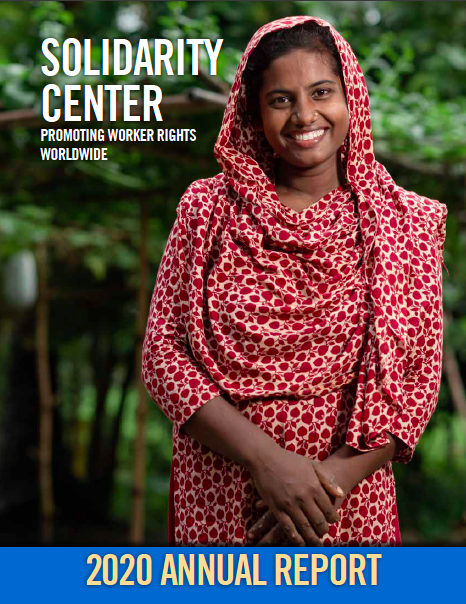
2020 Annual Report
Download here.
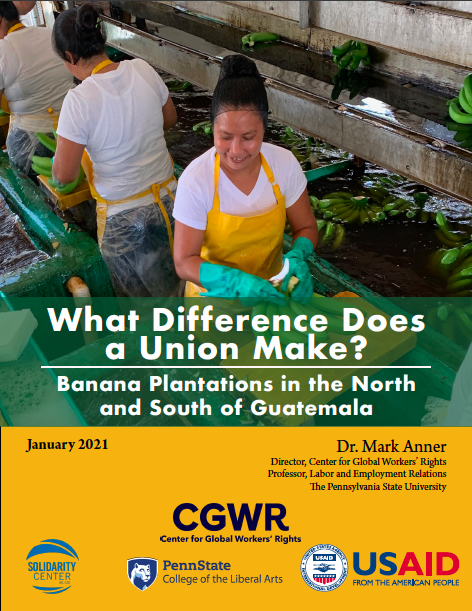
What Difference Does a Union Make? Banana Plantations in the North and South of Guatemala
Guatemalan banana workers without a union work longer hours and earn less than half than of those who are unionized, and report more cases of verbal and physical abuse. Download in English. Download in Spanish.
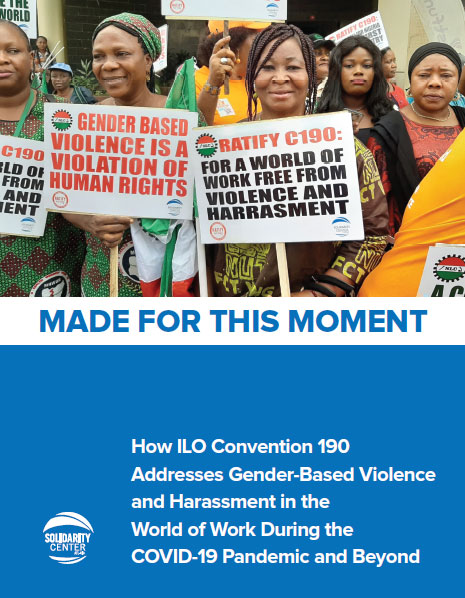
Made for this Moment: How ILO Convention 190 Addresses Gender-Based Violence and Harassment in the World of Work During the COVID-19 Pandemic and Beyond
This report highlights how C190, the first global treaty that recognizes the fundamental right to work free from gender-based violence and harassment (GBVH), addresses GBVH in the world of work and identifies concrete steps to address it. Read the full report here in...
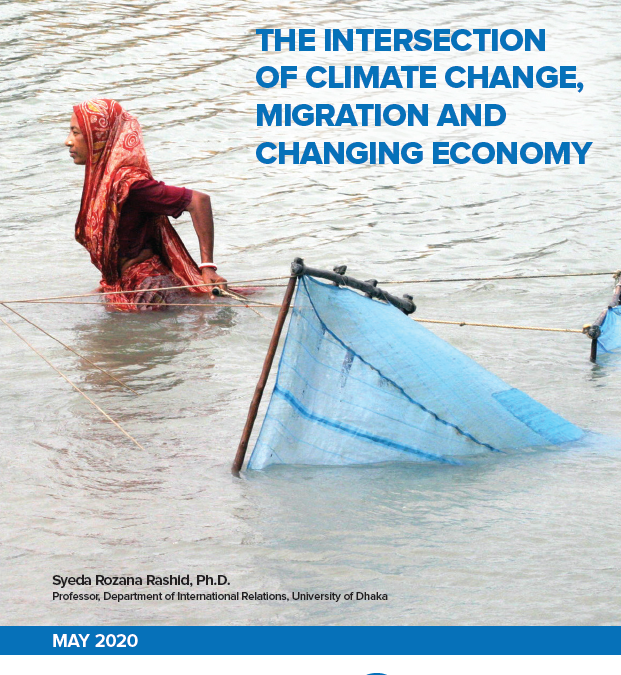
REPORT: CLIMATE CHANGE IN BANGLADESH DRIVES WORKER VULNERABILITY, POVERTY
This report, The Intersection of Climate Change, Migration and Changing Economy, explores the links among climate change, economic activities and migration in the coastal areas of Khulna and Jashore, Bangladesh, demonstrating its impact on the availability of decent...
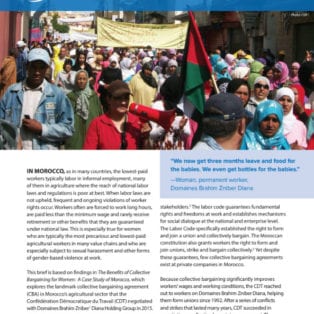
The Benefits of Collective Bargaining for Women Workers in Morocco
Download in English. Download in Arabic. This report was made possible through the generous support of the Ford Foundation.
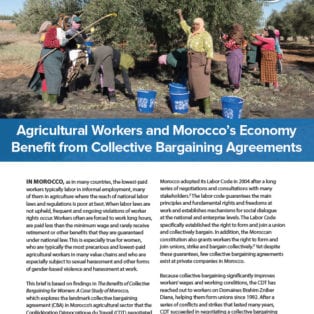
Agricultural Workers and Morocco’s Economy Benefit from Collective Bargaining Agreements
. Download in English Download in Arabic. This report was made possible through the generous support of the Ford Foundation.


